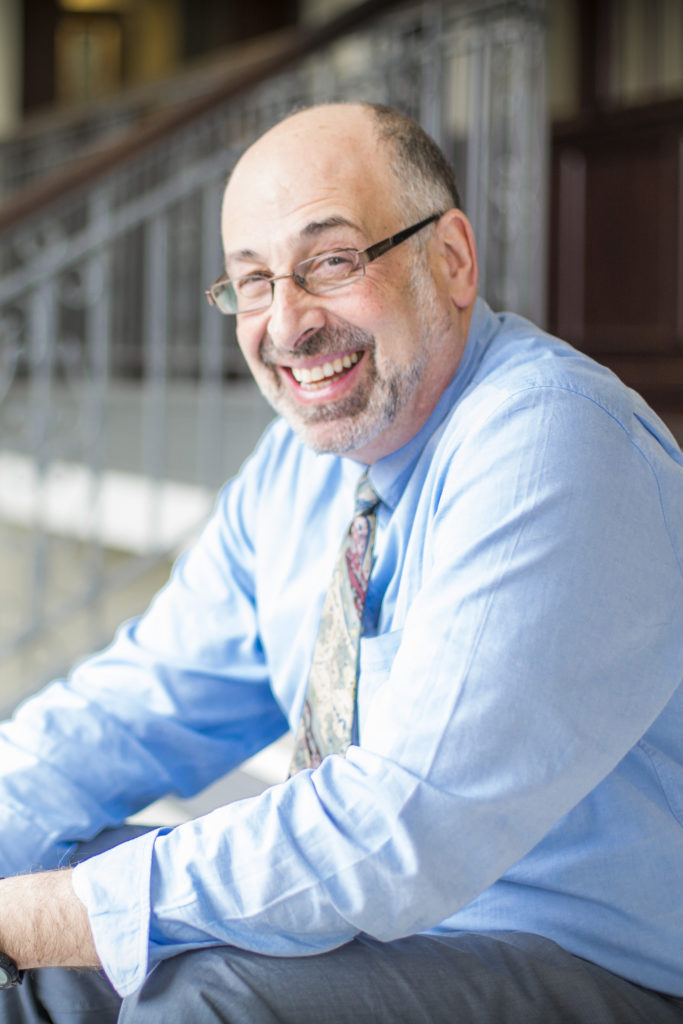
I am the Samuel Candler Dobbs Professor of Brazilian Studies and a specialist in immigration, ethnicity, and the history of public health at Emory University in Atlanta.
My forthcoming book, Living and Dying in São Paulo: Immigrants, Health, and the Built Environment in Brazil (Duke University Press, 2024) is on health perceptions and outcome continuities over 150-years. I do this by focusing on the Bom Retiro neighborhood of São Paulo that, like so many others in the Americas, has a large population of immigrants and refugees. In the 19th century, it was mainly Catholics, from Italy and Spain and Greece. Following the 1921 National Origins Acts in the United States, Jews (with a plurality from Poland) began arriving with the peak coming between 1924 (after the second and more restrictive US Act) and 1940. Protestant Korean immigrants began settling in the 1960’s and most recently, Christians of many denominations from Bolivia and Paraguay have become the labor backbone in textile sweatshops often owned by the descendants of earlier immigrants.
Living and Dying in São Paulo puts the Team’s multi-year observation of a basic health team at the Octávio Augusto Rodovalho Public Health Clinic of the Brazilian National Health Service in conversation with historical and literary documentation. Analyzing permanence in disease, in health outcomes, and in attitudes about both allows us to consider immigrants and refugees within the context of broader socio-cultural trends.
The “Lesser Research Collective” is a team of Emory University and Federal University of São Paulo (UNIFESP) graduate and undergraduate students funded out of my research grants. They complement my own archival and observational data with additional disciplinary tools from neuroscience, biology, and epidemiology and with linguistic skills in Chinese and Korean (everyone in the Collective is fluent in Portuguese and Spanish). All research data generated by the Collective is shared but each member produces a single or lead-authored work on topics like planned/unplanned pregnancies, leprosy, religious-based health care, and social determinant of health.
My research, and the Lesser Research Collective, has been supported by grants from Fulbright, Fulbright-Hays, the Social Science Research Council, the Ford Foundation, the American Council of Learned Societies, the São Paulo State Research Foundation (FAPESP), the University of São Paulo’s Institute for Advanced Study, the Emory University Research Council, and an Emory College of Arts and Sciences Interdisciplinary Faculty Fellowship.

You must be logged in to post a comment.